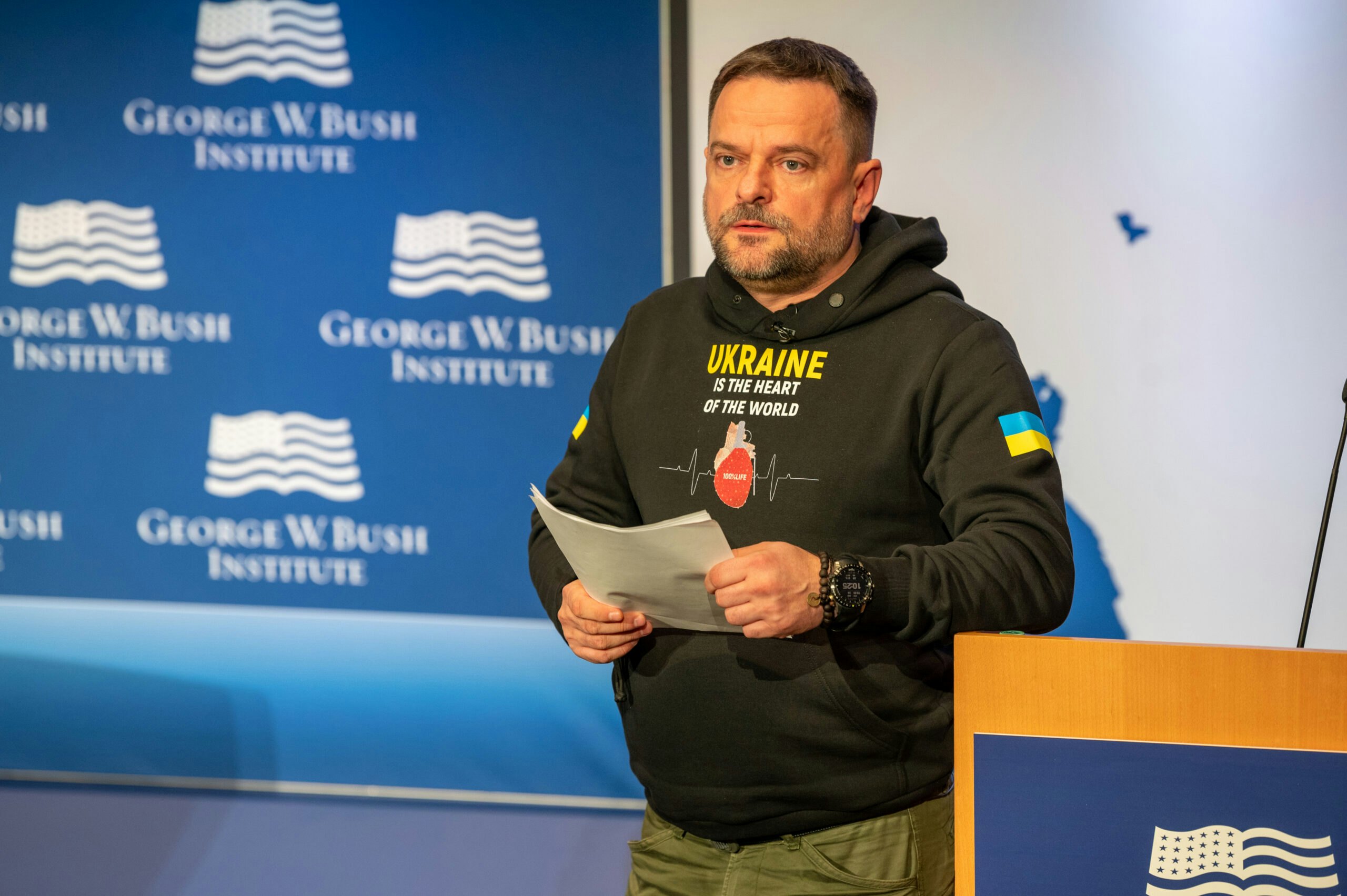This October, Pink Ribbon Red Ribbon recognizes Breast Cancer Awareness Month by highlighting our work in breast cancer control in Tanzania.
Breast cancer is the most common cancer among women worldwide, and almost 60 percent of breast cancer deaths occur in low-resource settings, often bearing the heaviest burdens. Seventy percent of breast cancer cases in Sub-Saharan Africa present in advanced stages, and more than half of the women diagnosed die within five years of diagnosis.In Tanzania alone, about 80 percent of women diagnosed with breast cancer are diagnosed at Stage III or Stage IV of the disease, meaning they will have limited treatment options. This is why we are committed to working with our partners to promote early detection, diagnosis, and treatment of breast cancer in low-resource settings.
We began service delivery in Tanzania in 2014, and, since then, we have worked with our partners and Tanzanian government entities to identify gaps in breast cancer control and fill those needs. In coordination with the Bristol Myers Squibb Foundation and the Medical Women’s Association of Tanzania, Pink Ribbon Red Ribbon has conducted three mass-screening campaigns, offering clinical breast examinations to over 11,000 women. In March of 2014, former First Lady of Tanzania, Mama Salma Kikwete, led a mass screening campaign herself, which encouraged members of parliament and local leaders to prioritize breast cancer prevention and care initiatives in their budgets.
Pink Ribbon Red Ribbon advocates for creating a supportive policy environment for breast cancer control in addition to providing clinical services. In partnership with Susan G. Komen, we supported the development of national screening guidelines for the early detection of breast cancer. We are also supporting the work of Susan G. Komen and the University of Texas MD Anderson Cancer Center to develop treatment guidelines for breast and gynecological cancers. These nationally harmonized guidelines will help health care providers appropriately manage women and help ensure that all women receive the same care, regardless of where they seek services. Additionally, our partners at Merck, Jhpiego, Susan G. Komen, and PEPFAR have played a role in training low- and mid-level health providers in breast cancer examination, screening, and outreach. Pink Ribbon Red Ribbon has also funded staff positions in the Tanzania Ministry of Health to continue advocating for and working on comprehensive cancer control plans and policies.
Importantly, Pink Ribbon Red Ribbon is co-funding innovative research through Johns Hopkins University to empirically demonstrate the most-effective strategies for addressing breast cancer in Tanzania. The results of this study, combined with the policy groundwork laid through the Pink Ribbon Red Ribbon partnership, will allow Tanzania to effectively address and control breast cancer.
Of course, there is still much work to be done in combatting breast cancer in Tanzania. Although services exist to screen and treat women suffering from breast cancer, more support is needed to help women navigate the healthcare system, reduce the time between diagnosis and treatment, and ensure that proven, locally appropriate treatment options are available.
With support from our partners, Pink Ribbon Red Ribbon has given thousands of women the ability to take charge of their health– a big step that will allow them to secure their futures and the futures of their children and families. We will continue to work with our partners to innovate and implement new ideas and approaches to treat breast cancer in Sub-Saharan Africa.



























